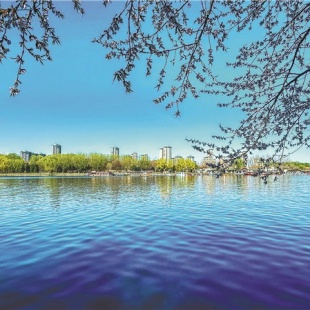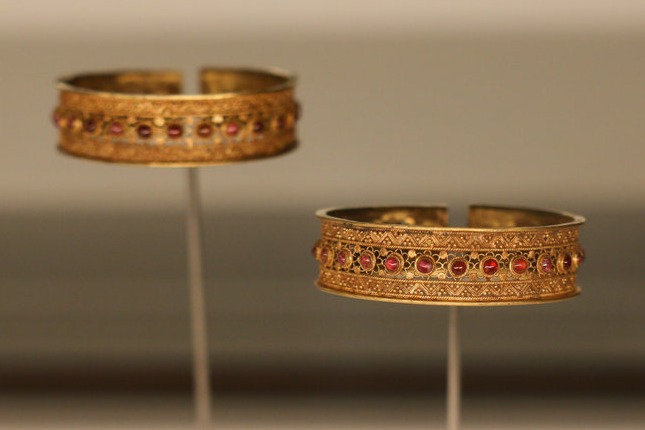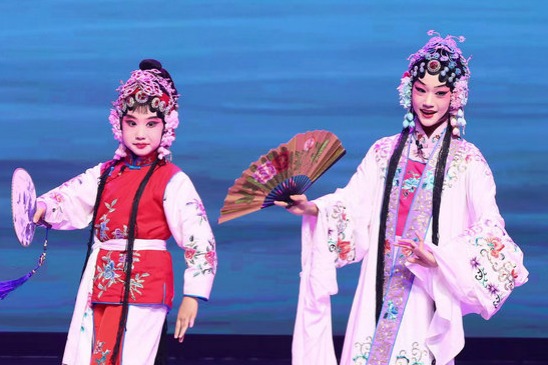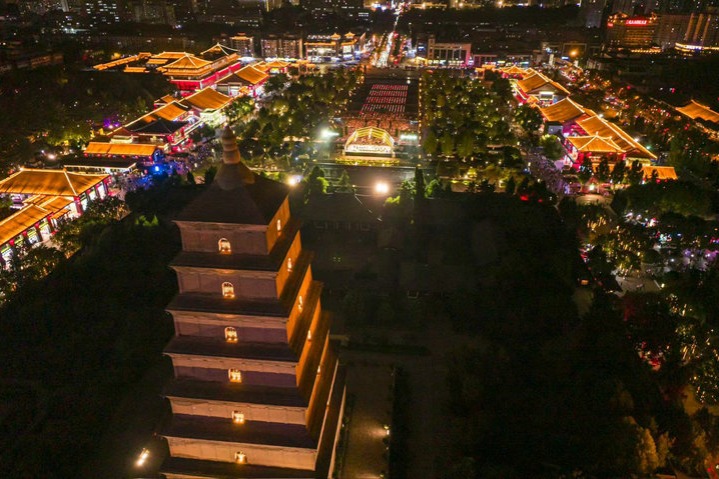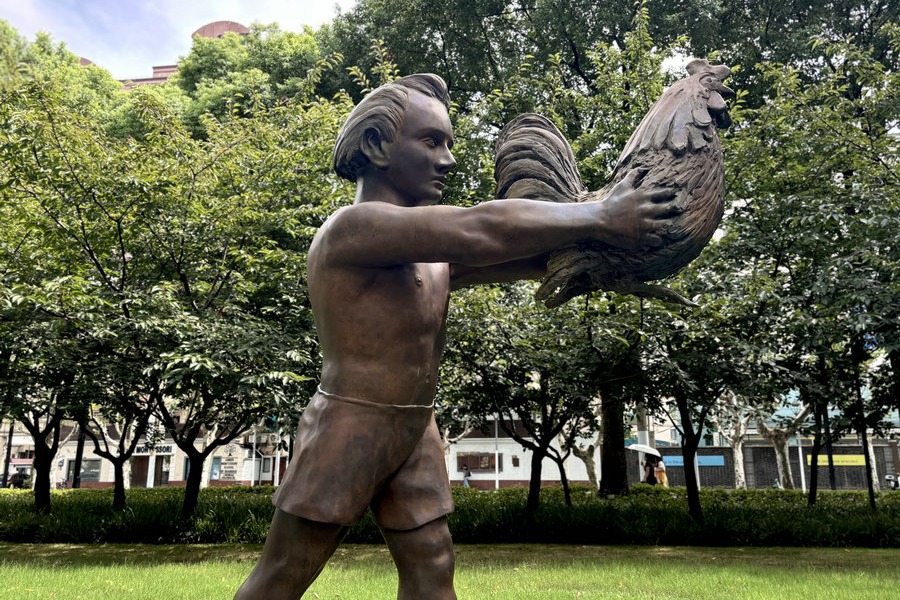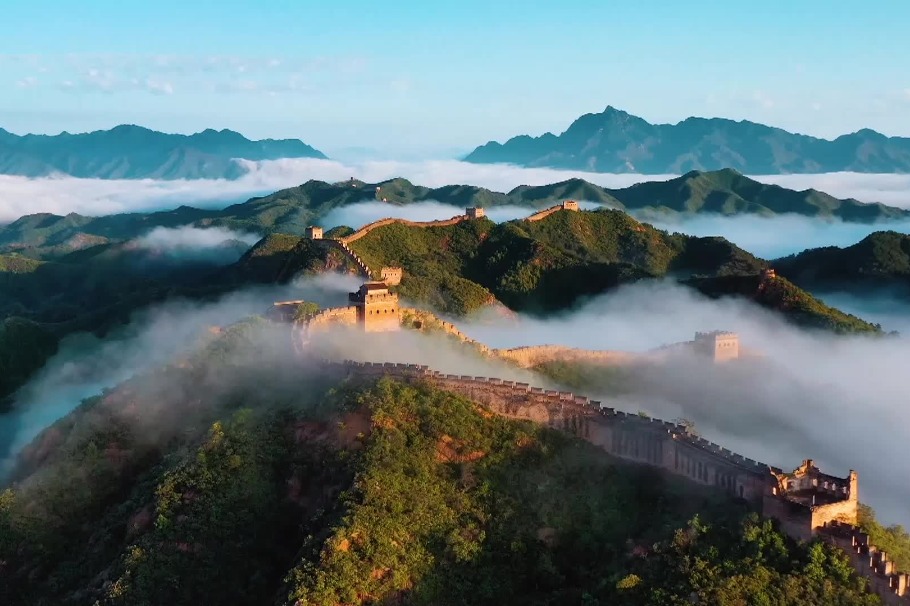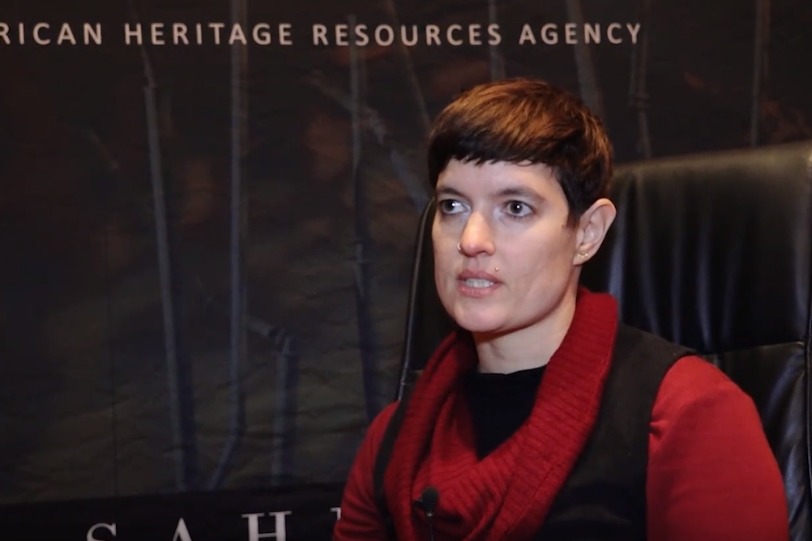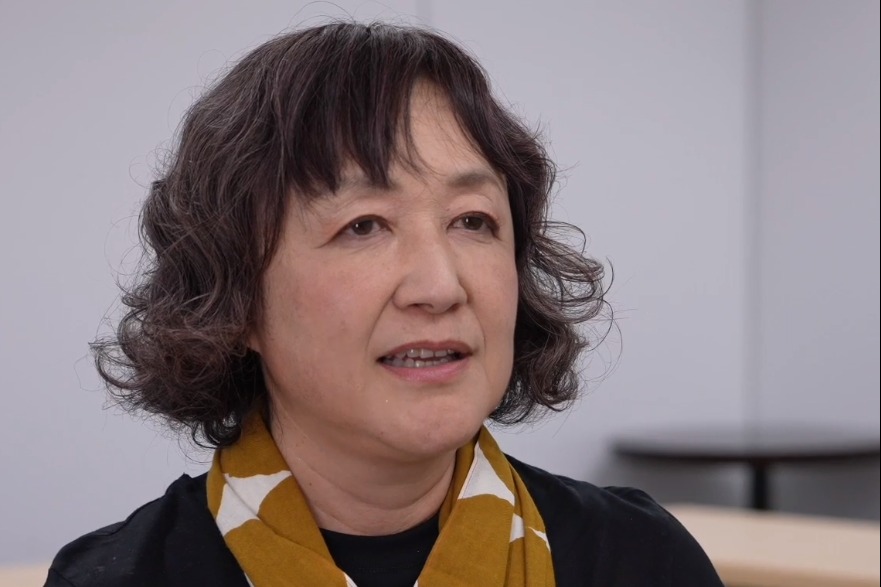Historical treasures of Grand Canal saved for next generation


Once a pivotal inland transport hub along the Beijing-Hangzhou Grand Canal, the capital is now making great strides in protecting, inheriting and utilizing the cultural significance and historical legacy associated with the Grand Canal.
Wang Youquan, director of the archaeology division at the Beijing Cultural Heritage Bureau, stated that the essence of protecting the Grand Canal's heritage is led by core world heritage sites, with an emphasis on overall and regional protection and utilization.
"The construction of the Grand Canal cultural belt and the national cultural park provide a solid foundation for the authenticity and integrity protection of world cultural heritage," he said.
Statistics show that since 2020, the Beijing Cultural Relics Bureau has organized 669 archaeological exploration projects along the Grand Canal in seven districts of the capital. These cover an area of approximately 47.54 million square meters. Three hundred and eleven excavation projects have been conducted, with an excavation area of about 32.1 million sq m.
Beijing has conducted important archaeological surveys and excavations in key sections of the Grand Canal, focusing on waterways, hydraulic relics and ancillary facilities.
For instance, in 2023, Beijing excavated southeastern relics within the ancient city site of Luxian county, covering an area of 1,500 sq m; and the foundation of Danbo Ningjing, a historical site in Beijing's Yuanmingyuan Park, revealed an architectural structure that was associated with farming, which is important for studying rice cultivation, planting, and farming techniques during the Qing Dynasty (1644-1911).


